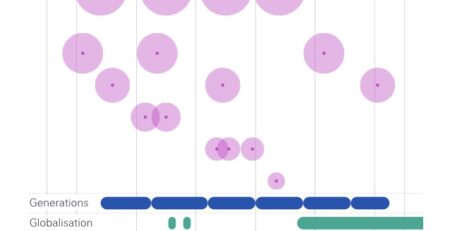Poverty in Retirement: The Long-Term Impact of Rising Economic Inequality
By David W. Rasmussen (Pepper Institute on Aging and Public Policy)
Income inequality is exacerbated by labor market trends that increase the demand for high skill occupations and those in low skill service occupations. This hollowing out of the middle of the income distribution means that an increasing portion of households will be less prepared for retirement as they approach age 65: they will have saved less, have diminished access to define benefit pension plans, and face smaller social security benefits due to lower life-time earnings even if the system is “fixed.” The cultural trend toward later marriage reduces household saving and delays home purchase that results in less house equity. These trends point to increased poverty among future cohorts in the over 65 age group. After social security, pensions, saving and home equity, continuing to work is the only remedy for combatting old age poverty. Labor market opportunities are most vibrant for highly skilled older workers, suggesting that workers with modest skills will face a higher probability of poverty after age 65.
Source: SSRN










